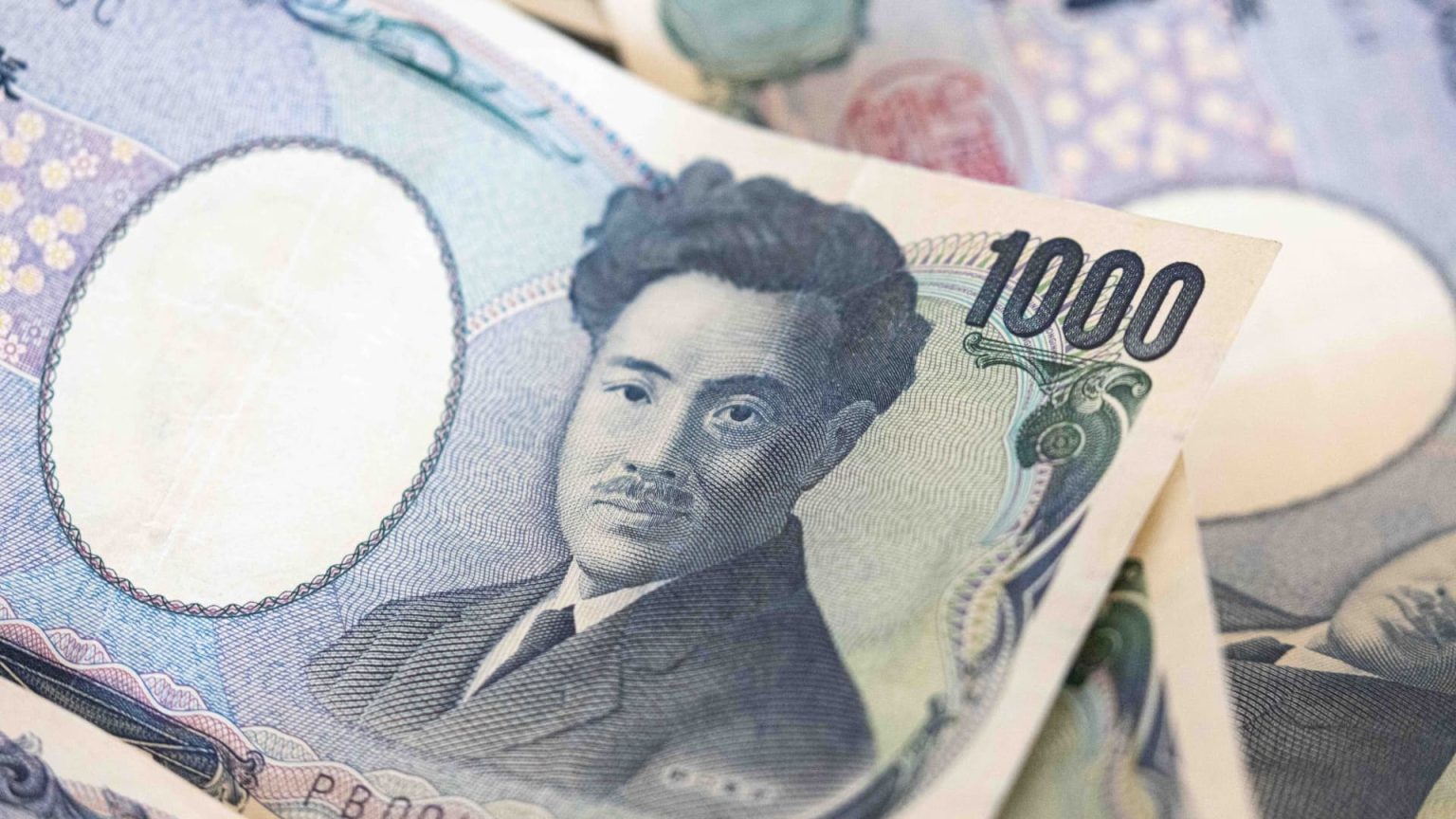The Japanese yen weakened to 160 against the U.S. dollar in Monday morning trading in Asia, hitting its weakest level since April 1990. This decline is attributed to continued strength in the greenback as Federal Reserve rate cut expectations are pushed back. The news of the Fed’s preferred inflation gauge coming in slightly hotter than expected on Friday also added pressure on the yen. The currency has been trading around 150 or weaker against the dollar since the Bank of Japan ended its negative interest rate regime in March. The central bank held rates and slightly raised its inflation expectations for fiscal 2024 in a recent press conference.
Japanese authorities have issued warnings against “excessive” moves in the yen, but no official announcements have been made about bolstering the currency. Some market watchers anticipated intervention at the 155 level, but the yen surpassed that mark last week. Officials seem more focused on volatility in the currency rather than specific levels. The pace of yen depreciation in 2023 has been less intense compared to 2022, leading to predictions that any intervention response might be less intense as well. Experts suggest that there is no specific threshold for yen intervention, and actions will depend on the overall impact and circumstances.
Market experts have differing views on when Japanese authorities might intervene in the currency. Vincent Chung from T. Rowe Price predicts that intervention could occur after the BOJ’s May meeting based on option pricing. Jesper Koll, from Monex Group, believes that intervention may take place if the yen weakens more than 3-5 yen in 12 hours. However, Koll also expresses skepticism about the effectiveness of intervention at the current exchange rate level, implying that it may not be worthwhile for Japan to sell its U.S. dollars to buy yen. Overall, the outlook on yen intervention is uncertain, with opinions varying on when, and if, action might be taken.
The weakening of the yen has had various effects on the Japanese economy and financial markets. Chung stated that yen weakness has positively impacted stock performance, encouraged corporations to raise wages, and brought Japan closer to the Bank of Japan’s inflation target of 2%. However, some experts, like Frederic Neumann from HSBC and BOJ Governor Kazuo Ueda, have expressed concerns about the potential impact of exchange rate volatility on the economy. Ueda mentioned that monetary policy would only be influenced by exchange rate moves if they had a “significant” impact on the economy and prices, indicating that the BOJ is closely monitoring the situation.
While Japanese markets were closed on Monday for a public holiday, the weakening of the yen against the dollar continues to be closely watched by investors and policymakers. The potential for intervention by Japanese authorities remains uncertain, with market experts expressing different opinions on the conditions that might trigger such action. Overall, the current trajectory of the yen’s depreciation, as well as the impact on inflation and economic growth, are key factors to monitor in the coming weeks. The relationship between the yen and the dollar, as well as global economic trends, will likely continue to shape the currency’s performance in the near future.


